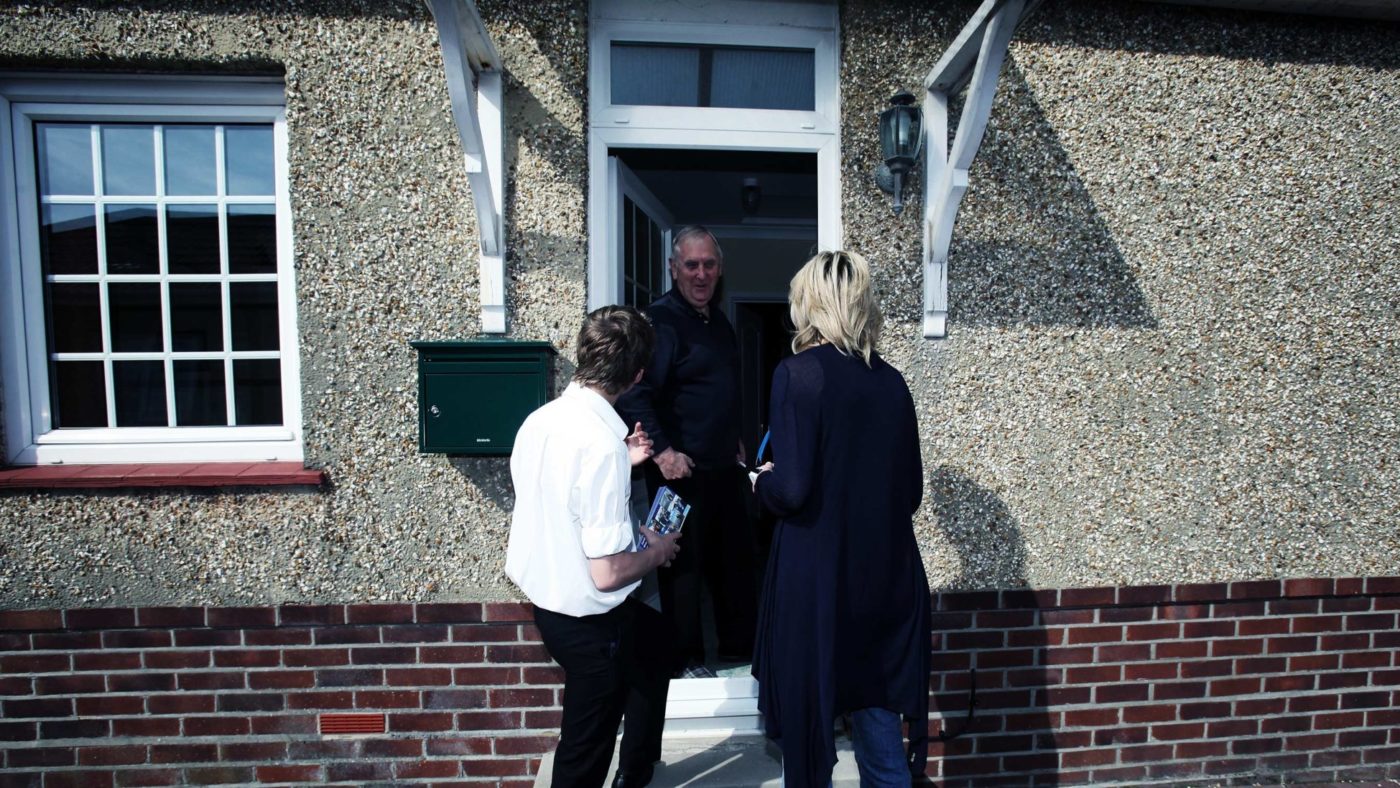What do we want from our politicians? Often it can be hard to tell.
We ask for honesty but rarely reward politicians who campaign on uncomfortable truths. Instead we vote for the most attractive offer in a manifesto arms race, which encourages a cycle of over-promising and under-achieving. And as the gap between promise and reality widens with hindsight, so the sense of the politician’s hypocrisy deepens. But if we have hypocritical politicians it is at least partly down to our hypocritical demands and reactions.
Take Boris Johnson’s visit to Whipps Cross University Hospital in London this week. There he was filmed being confronted by an angry member of the public, Omar Salem, who berated him about the state of the hospital and the care his daughter had received.
The immediate response to this tended to fall into two camps. The first dismissed Omar Salem once it quickly became known he was a Labour activist, as if he didn’t count as a member of the public because he was affiliated to a political party.
The second, more worrying reaction, was to claim Boris Johnson had been humiliated, or somehow shown to be ‘out of touch’ with the public. This too seemed an odd response.
Firstly, we shouldn’t see disagreement as humiliation. It’s that kind of intransigent rhetorical nonsense that has helped calcify our political culture, where issues are all-or-nothing, No Deal or Revoke, and compromise a sign of weakness. Secondly, it’s difficult to imagine being less ‘out of touch’ with the public than at the moment you’re out there talking with them, ‘humiliation’ or otherwise.
And talking with the public is something MPs do quite a lot. Happily, we live in a first-past-the-post system which roots MPs to constituencies. As Harry Phibbs pointed out on CapX this week, Theresa May – so often accused of being out of touch – would spend her weekends pounding the streets of her constituency and talking to residents. Most MPs do the same, visiting local schools, businesses and hospitals.
But, understandably, this isn’t always received at face value.
The most revealing line of Salem’s attack was when he accused Boris Johnson of only being at the hospital for a press opportunity. It’s hypocritical, he claimed – you pretend you’re here to listen and learn but you’re really just here to win votes and further your career.
This may superficially have a ring of truth, but it betrays a latent hypocrisy of its own.
Yes, such a visit will be clipped for promotional purposes. But this is a key mechanism of accountability in a functioning democracy. The cry of a ‘press opportunity’ mistakenly sets up a false dichotomy between doing good and being seen, as if acts can only be genuine – or genuinely helpful – when done in private.
It’s perhaps an uncomfortable truth, but it can be just as important for a politician to be seen to be doing things, as it is to be actually doing them.
Visibility aids accountability. If MPs did their work in monastic secrecy, if we never saw them in a hospital, in a school, in their constituency, then we would accuse them of being ineffective (as we would struggle to attribute success or apportion blame). As a result we would be unlikely to trust them and even less likely to vote for them.
Boris Johnson has been accused of trying to have his cake and eat it. When it comes to how we think of our politicians, we can be just as hungry.
CapX depends on the generosity of its readers. If you value what we do, please consider making a donation.


